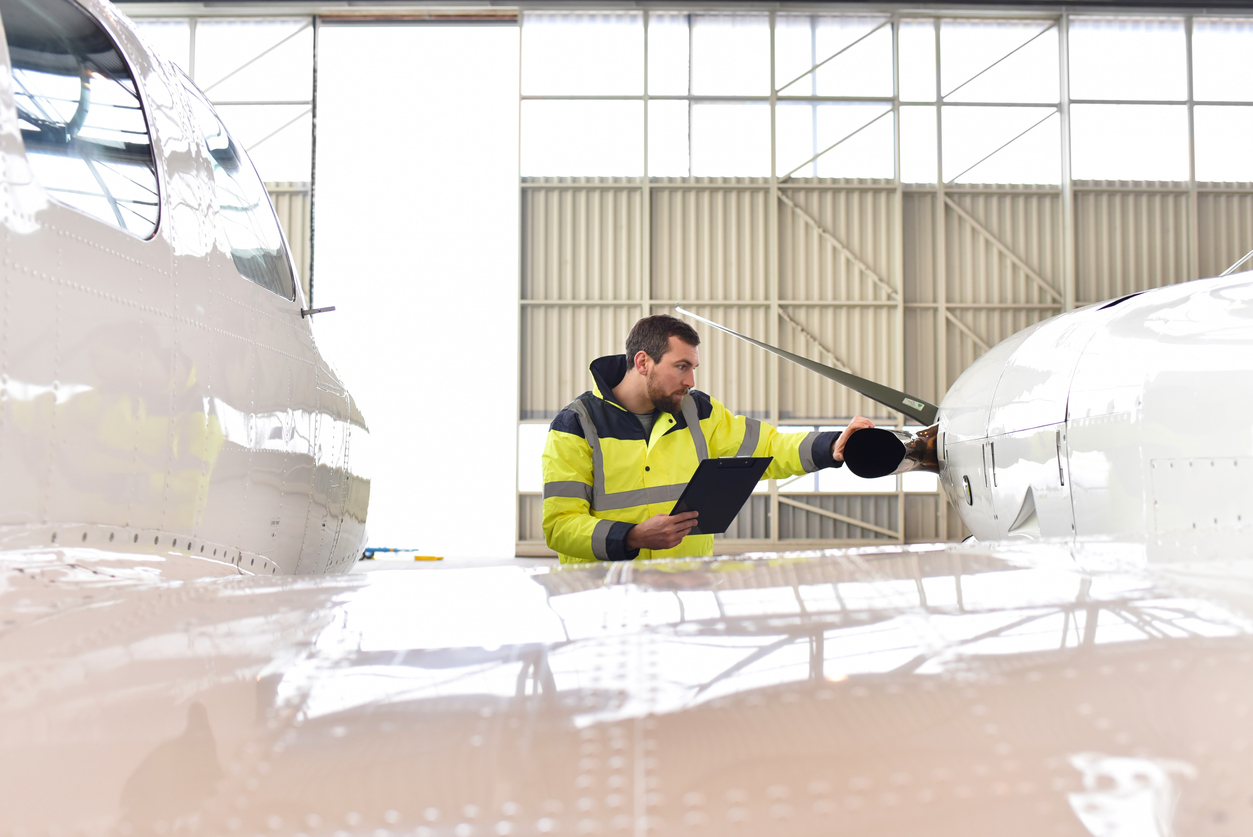M3 blog
The Top 3 IT Challenges Airlines Will Face in 2025 — And How to Get Ahead

As we move into 2025, airlines face a crossroads: the pace of digital transformation is accelerating, regulations are tightening, and customer expectations for speed and safety have never been higher. For IT and Operations leaders, staying competitive will demand new levels of agility, security, and synchronicity across their mobile device fleets.
At M3 Solutions Technologies, we work with leading airlines and MROs like Air Canada to streamline device readiness, ensuring their teams operate with efficiency, compliance, and full operational uptime. Based on what we’re seeing in the market, here are the top three IT challenges airlines will face in 2025 — and how they can get ahead:
1. Managing Device Fleet Synchronicity at Scale
The challenge:
Airlines must maintain thousands of mobile devices across dispersed locations — from the tarmac to the hangar floor. With regulations requiring maintenance teams to work from the most current technical publications, even a slight lag in device updates can compromise compliance and safety.
The solution:
In 2025, airlines will need automated, unattended synchronization for their device fleets. The M3 Platform enables off-hour content updates, OS deployments, and data uploads across devices worldwide — ensuring that no matter where your team is, they’re always working from the same, up-to-date documentation.
2. Cybersecurity Risks in a BYOD (Bring Your Own Device) Environment
The challenge:
As more airlines attempt to save costs by adopting BYOD policies, they also increase their risk exposure. Personal devices are harder to secure, monitor, and update consistently — especially in highly sensitive aviation environments where data breaches and regulatory violations carry steep consequences.
The solution:
In 2025, shared-device models will become critical to safeguarding aviation operations. M3’s secure, shared-device kiosks physically and digitally lock devices during updates, preventing tampering, unauthorized access, or premature checkouts. Plus, our Restore Engine ensures every device is wiped, updated, and compliant before being released to the next user.
3. Rising IT Costs for Device Management
The challenge:
The pressure to reduce turnaround times is growing — but so are the IT expenses tied to device management. Traditional models that rely heavily on manual updates, IT interventions, and oversized device inventories are unsustainable.
The solution:
Forward-thinking airlines are moving toward lower total cost of ownership models. With M3 Solutions, airlines can drastically reduce IT burden, infrastructure needs, and the total number of devices required through shared-device environments. Our customizable kiosks ensure full device readiness — charged, updated, and synchronized — without manual effort, freeing IT teams to focus on higher-value initiatives.
Ready to Future-Proof Your Airline Operations?
At M3 Solutions, we don’t just provide a device management platform — we become a trusted technology partner and an extension of your team. Our customizable solutions are built by engineers, for engineers, and are already powering the operations of some of the world’s leading airlines and MROs.
Learn more about how we can help you streamline your device readiness and prepare for 2025 and beyond.




